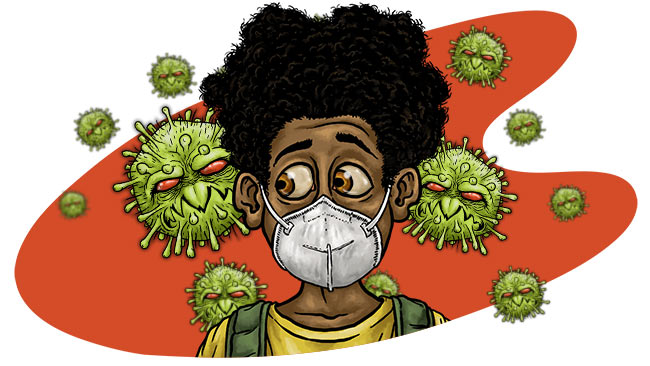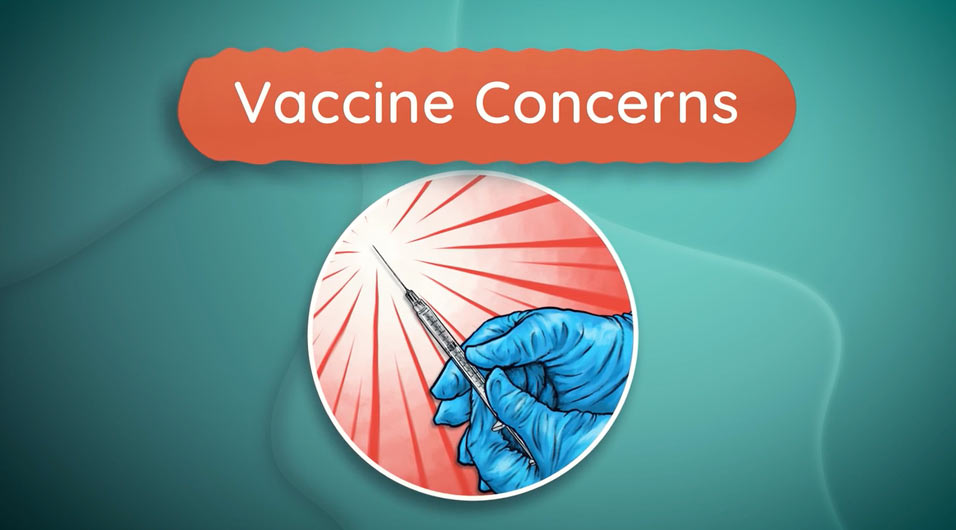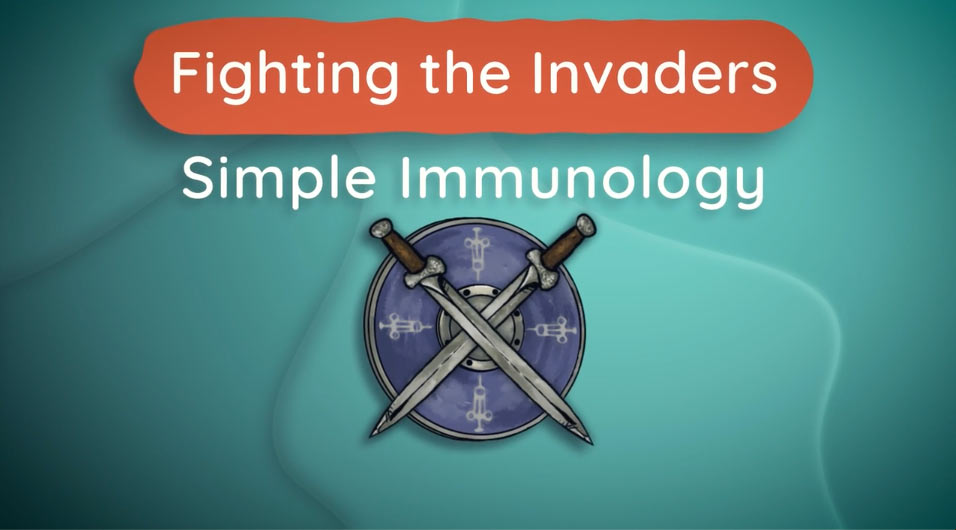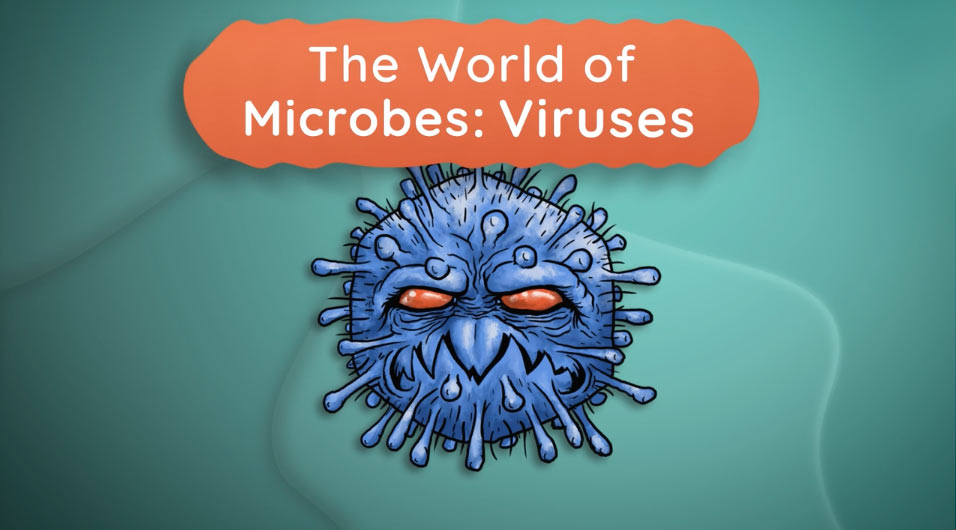In an effort to promote middle-school student vaccination acceptance, a National Institute of Health-Science Education Partnership Award (NIH-SEPA) project was awarded to an interdisciplinary Texas A&M University team, led by Julie Harlin, associate professor in the Department of Agricultural Leadership, Education, and Communications.
The interdisciplinary team developed innovative educational resources aimed at rural middle school-age children and medically underserved populations to increase vaccine confidence and encourage vaccine acceptance by the public, especially among populations with a high level of vaccine hesitancy characteristic of rural areas. The goal of the supplemental NIH-SEPA (R25) project was to provide information on vaccines, how they are made, and debunk vaccine myths and misconceptions to the public.


With the input of specialists in the areas of vaccine hesitancy and immunology, newly developed materials will improve general literacy on immunology and vaccine research and development, manufacturing, and testing, with the goal of allaying fears and concerns about vaccines. These resources promote a positive view about the role of vaccines in public health.
This project addresses key issues related to vaccine hesitancy and strives to increase vaccine acceptance in medically underserved and rural populations of the USA.
Videos that address vaccination concerns were developed to improve vaccination coverage amongst groups prone toward vaccine hesitation. Community health leaders and advocates are welcome to share these resources with their community. These videos can be found on the PEER at TAMU YouTube channel.






The videos were co-authored by the interdisciplinary team composed of immunologist Dr. Ian Tizzard, environmental toxicologist Dr. Natalie Johnson, public health specialist Dr. Tim Callahan, educational psychologist Dr. Nicola L. Ritter, education specialist Dr. Julie Harlin, and seasoned teacher and instructional designer Bette Bittner.
Dr. Ian Tizard, a world-renowned immunologist, infectious disease expert, and vaccine development researcher, has written a textbook on vaccines and vaccination, and is currently serving as a consultant on a major NIAID phase 3 project on a human paratyphoid vaccine. Dr. Tim Callahan from Texas A&M University’s School of Public Health, who specializes in vaccine hesitancy, oversaw the literature survey on vaccine hesitancy, and supervised Biomedical Science and Veterinary students in development of instructional materials. Dr. Natalie Johnson, Ph.D, is an Associate Professor of Environmental and Occupational Health at Texas A&M University. Dr. Johnson has over 10 years of experience in environmental toxicology and public health, including the application of models and participation in clinical trials, relevant to hepatic, respiratory, and immune toxicity, as well as air pollution exposure assessment in underserved populations. Dr. Johnson’s laboratory is focused on the mechanisms of action of inhaled pollutants underlying respiratory viral infection (including RNA viruses like RSV and influenza) and translation of findings to promote community health. Dr. Nicola Ritter, Educational Psychologist, is the lead investigator for and director of the Center for Educational Technologies. Her research focuses on developing and evaluating educational resources. Dr. Ritter’s curriculum programs are used in 144 countries with over 4,000 students and 1,000 teachers. Dr. Julie Harlin is the PI and has won teaching and service awards including: the USDA New Teacher Award, a regional AAAE Teaching Award, the Chancellor’s Academy of Teacher Education award, the College of Agriculture and Life Sciences Dean’s Distinguished Service Award for Teaching, the Richard Stadelmann Faculty Senate Service Award. Ms. Bette Bittner has spent 28 years in education and her passion is including “real” science content in her lessons by way of hands-on activities and cutting-edge science information.
About Research at the Center for Educational Technologies
At the forefront of education, the CET’s mission is to advance education by developing, implementing and evaluating innovative educational tools and resources. Research conducted at the CET represented annual expenditures of more than $1 million in fiscal year 2022. We partner with principal investigators to develop education and outreach components of their technical science and discoveries. The CET continues to serve our state, nation, and world through various research, teaching, and entrepreneurial endeavors – all of which are centered on providing engaging and rigorous online learning resources. Contact the Center for more information on how CET can support your next proposal or grant.